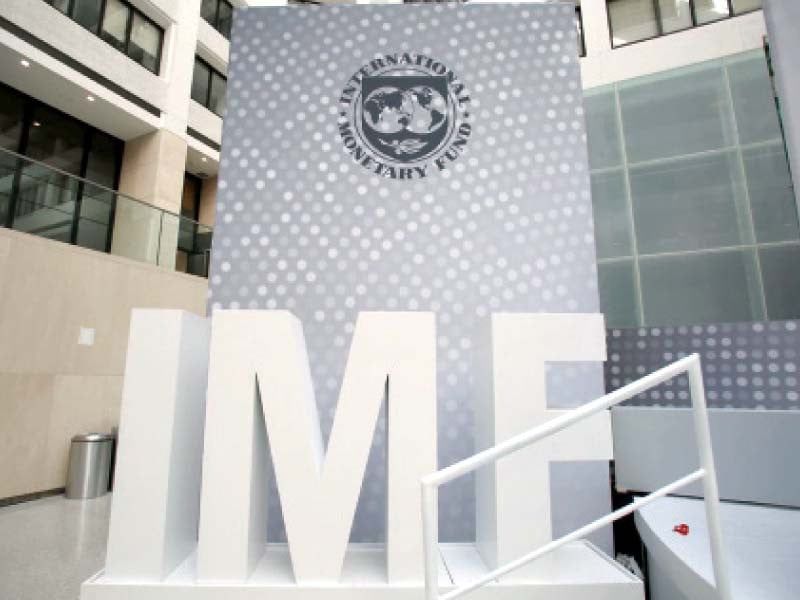The International Monetary Fund (IMF) has emphasized the need for Pakistan to pass a budget that aligns with the program objectives in order to revive the stalled loan facility. Esther Perez Ruiz, the IMF Resident Representative for Pakistan, stated that the proper functioning of the foreign exchange market must be restored, an FY24 Budget consistent with the program objectives must be passed, and firm and credible financing commitments need to be secured to bridge the $6 billion gap ahead of the Board meeting.
Ruiz highlighted the IMF’s expectations for the upcoming budget, focusing on the importance of balancing debt sustainability with increased social spending. The aim is to mitigate the impact of inflationary pressures on vulnerable segments of the population. Analysts noted that the government, led by Shehbaz Sharif, is striving to strike a balance between satisfying the IMF’s reform requirements and implementing measures to win over voters in the upcoming election.
Pakistan’s current IMF program is set to expire this month, with approximately $2.5 billion in funds yet to be released. The country is grappling with challenges such as record inflation, fiscal imbalances, and low reserves, making it difficult to reach an agreement with the lender. The government is hopeful that the general election scheduled for November will help resolve the ongoing political turmoil.
Former finance minister Miftah Ismail stressed the importance of securing IMF funding to ensure Pakistan’s survival in the next fiscal year. He expects the government to present a budget that largely adheres to IMF prescriptions. A staff-level IMF agreement, which would release $1.1 billion of a $6.5 billion package, has been delayed since November. These funds are crucial to prevent a balance of payments crisis, and it is widely anticipated that Pakistan will need to seek a bailout in the upcoming fiscal year to avoid defaulting on debt obligations.
With inflation reaching a record high of 37.97% in May, the highest rate in South Asia, Pakistan’s central bank reserves can only cover imports for about a month. As the general election approaches, analysts anticipate the government announcing vote-winning measures, even if they may need to be scaled back later. Predictions include a pay rise for government employees, a package for the agriculture sector, and an increased burden on the already narrow tax base, while meaningful steps to broaden it are expected to be limited.
The budget announcement this year may echo the previous year’s scenario, where plans had to be scaled back due to IMF concerns. Independent economist Sakib Sherani believes the budget will likely include populist pre-election measures, which may not survive beyond the July-September quarter, given the anticipated need for additional IMF support.


